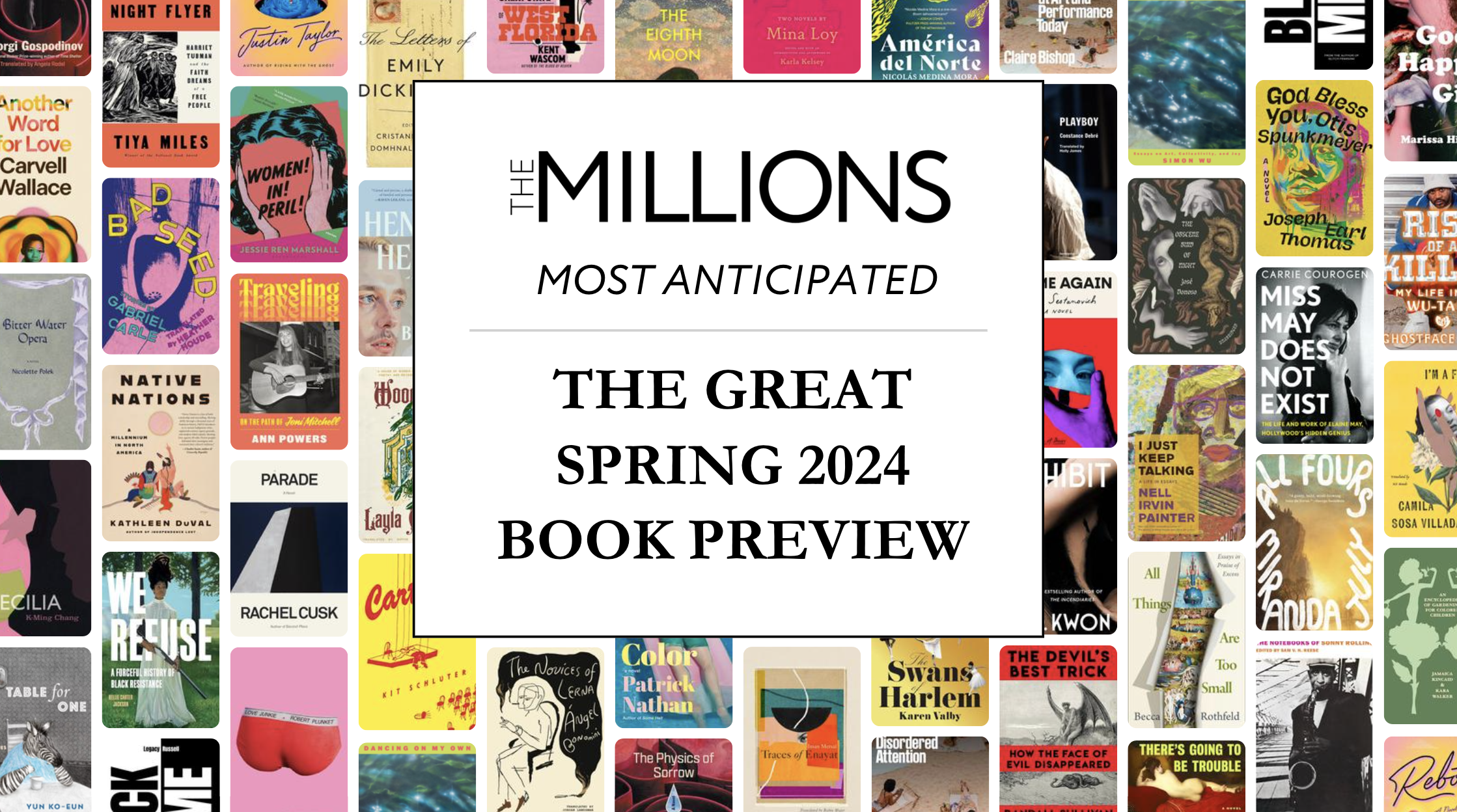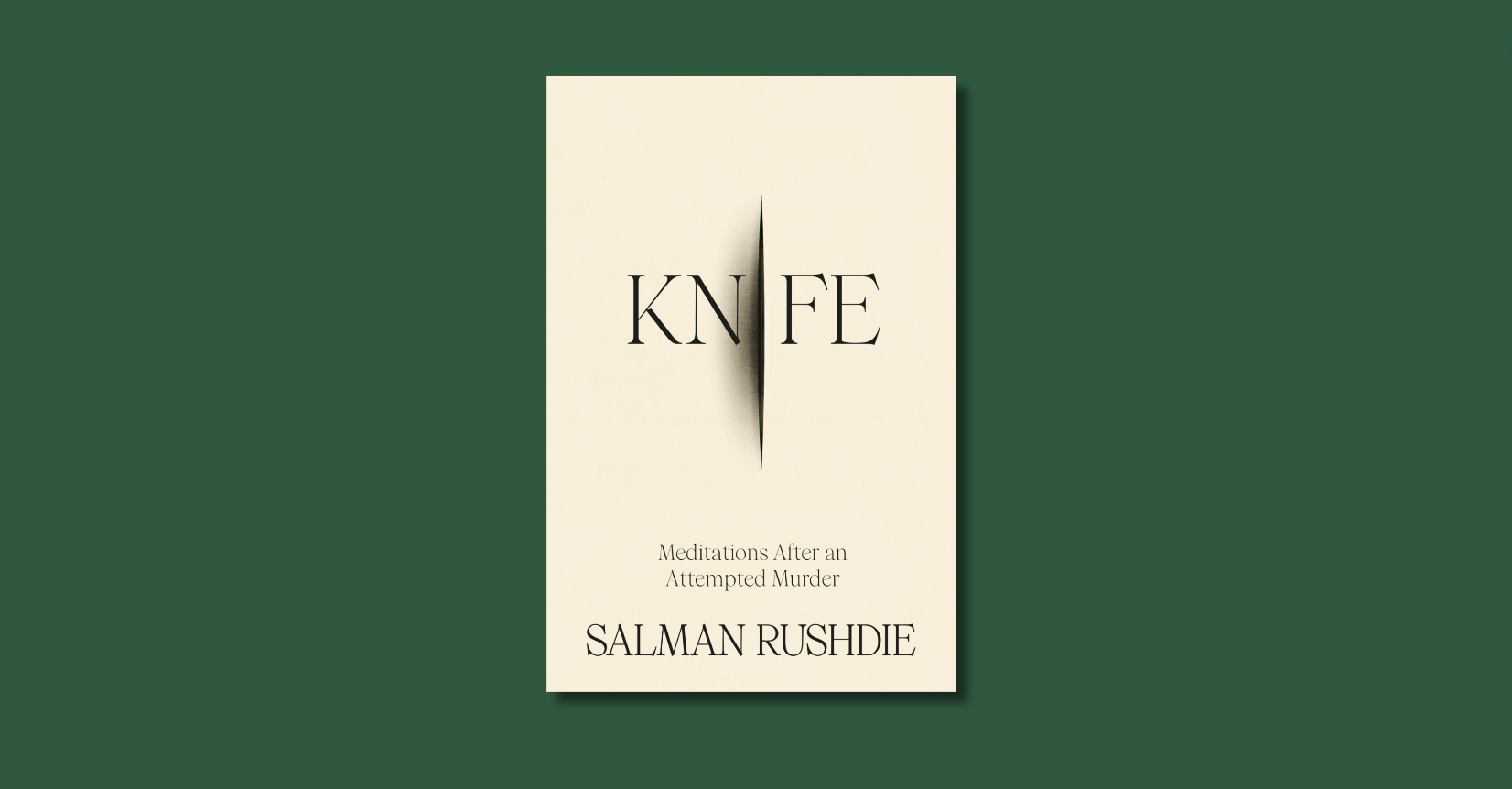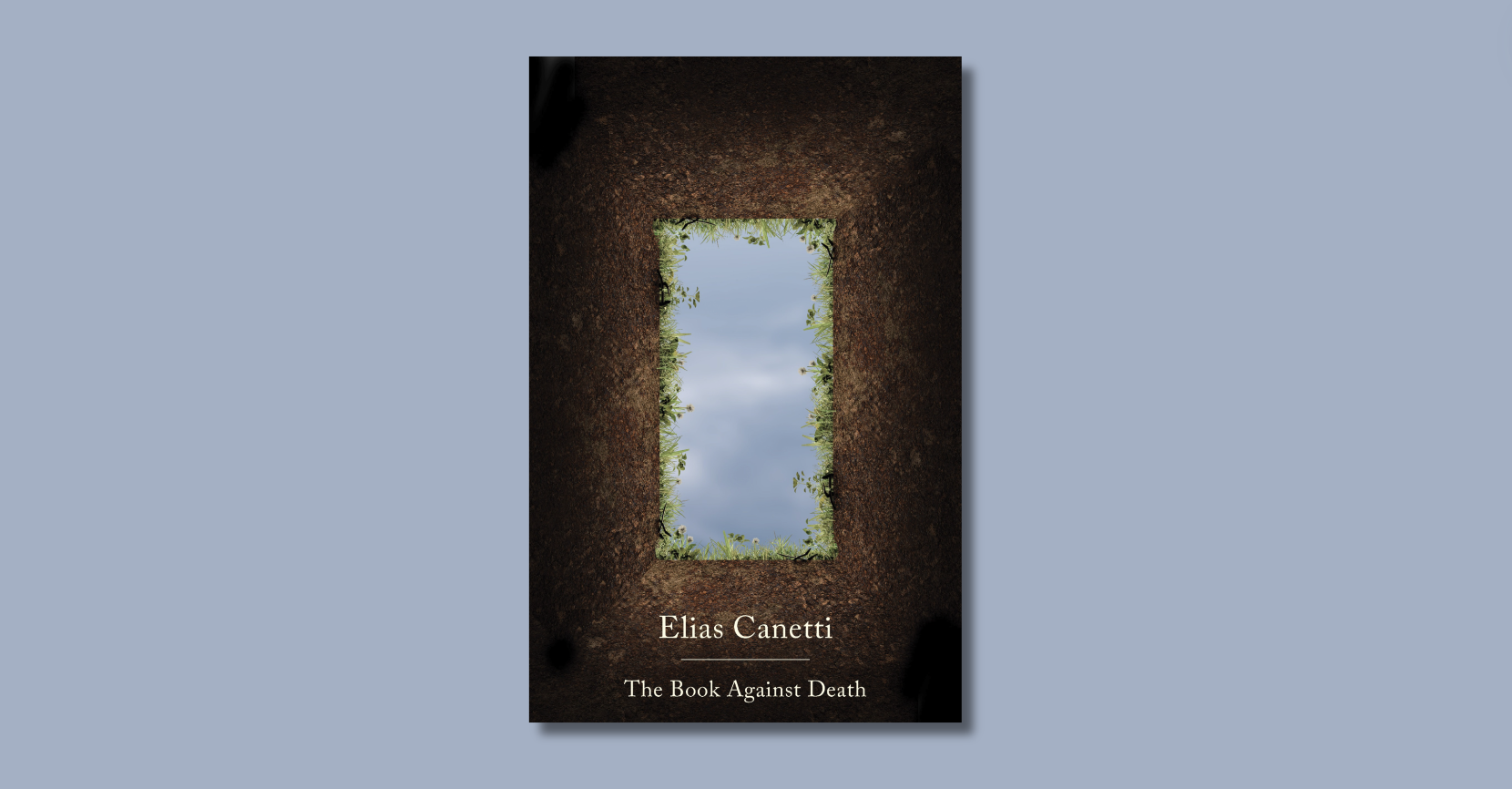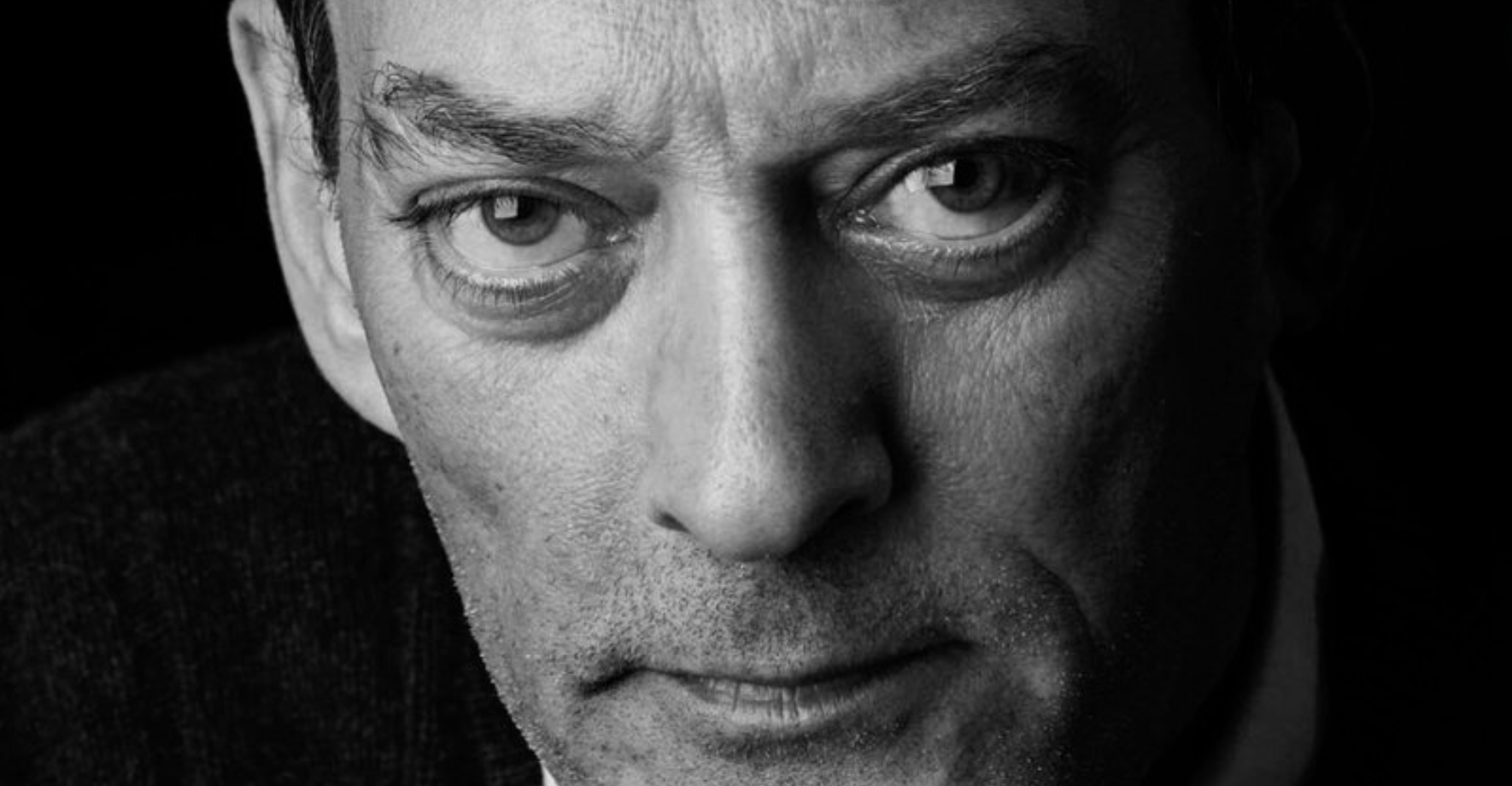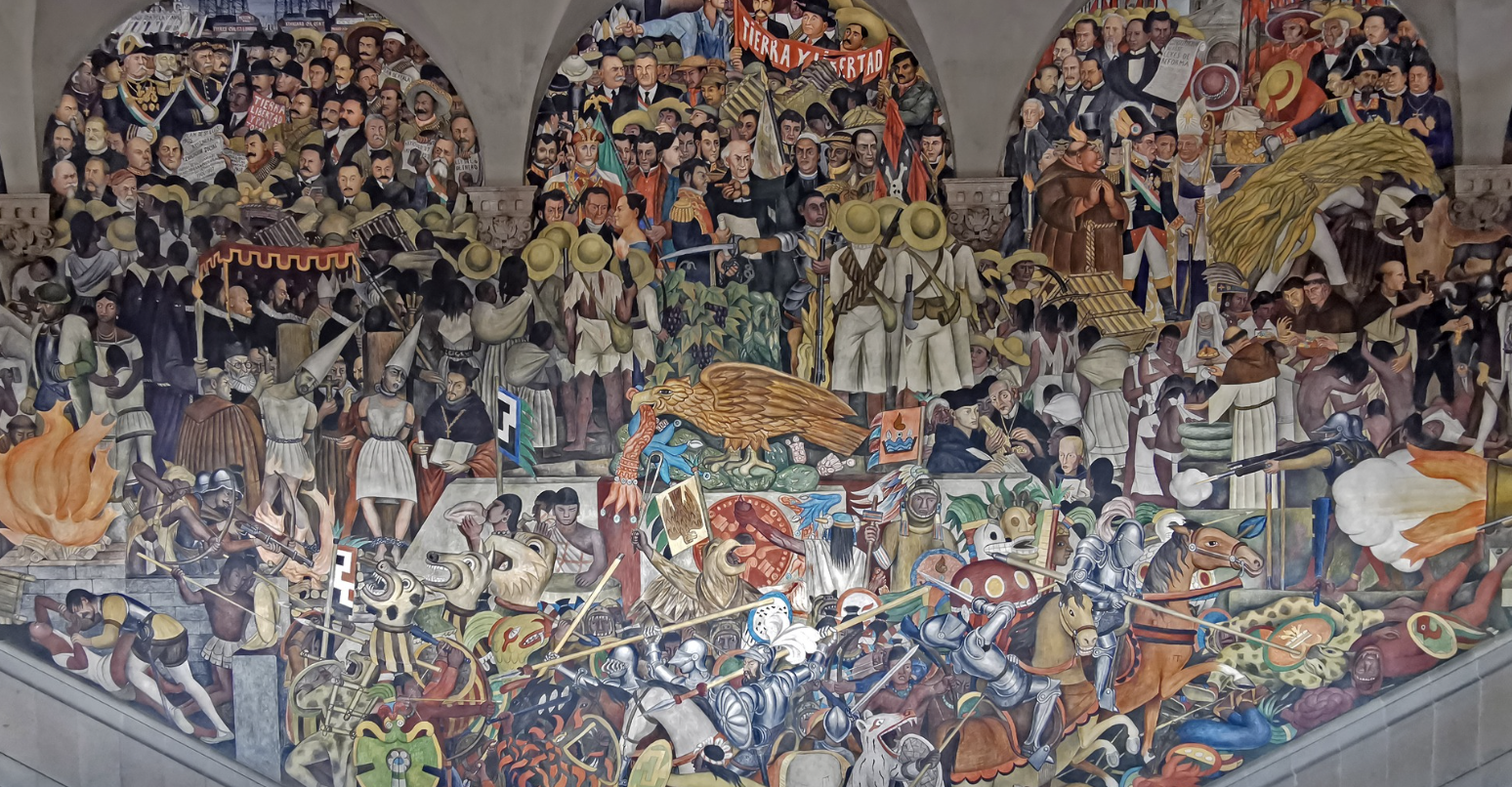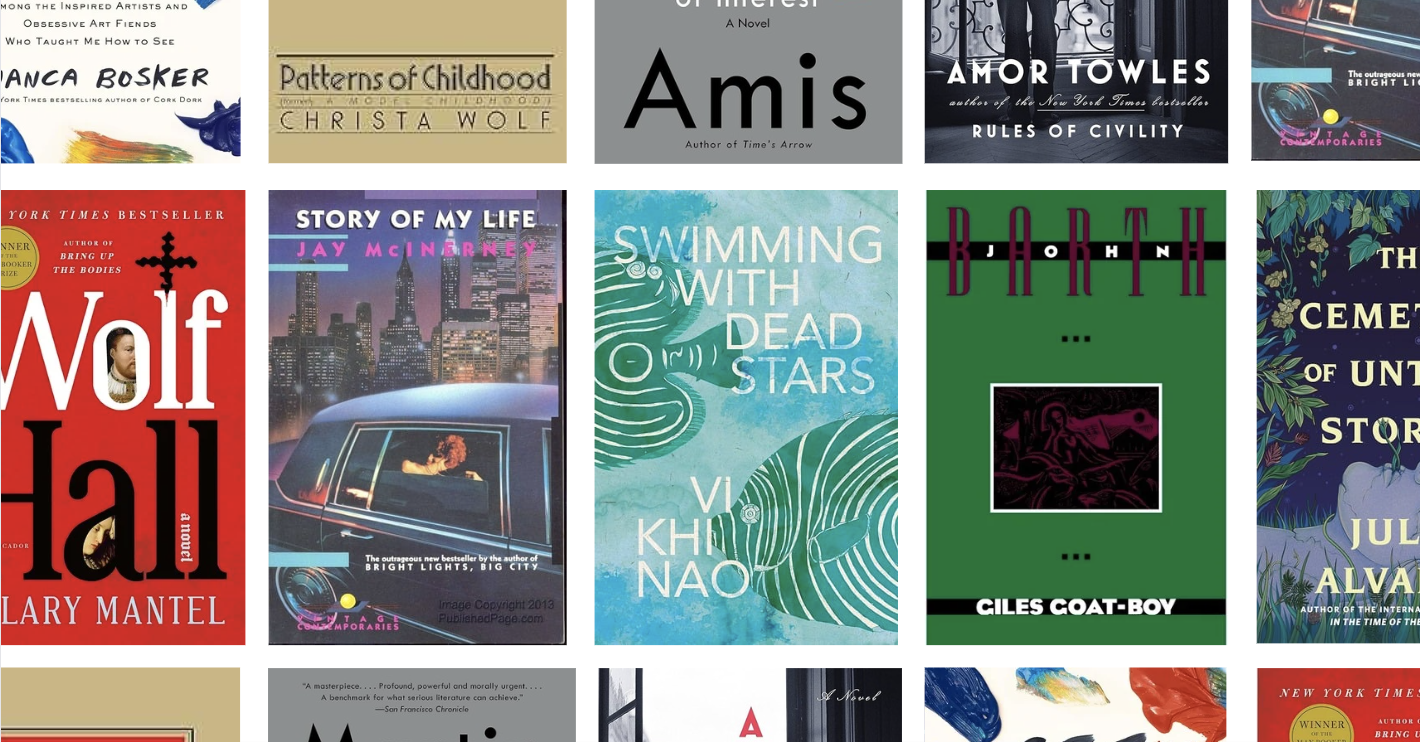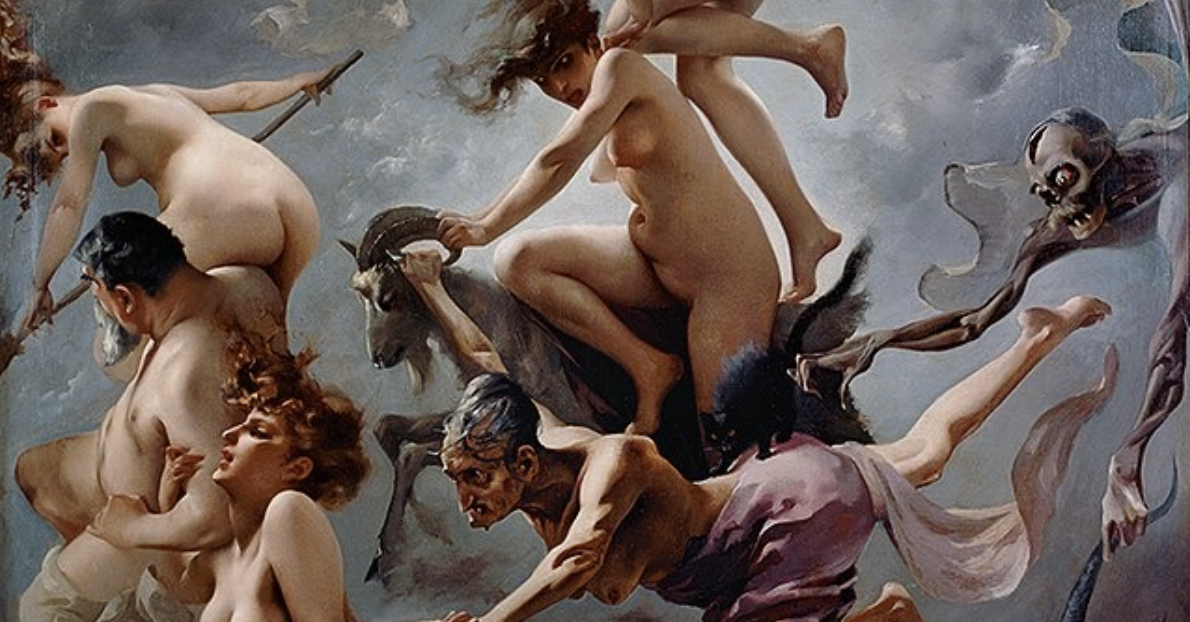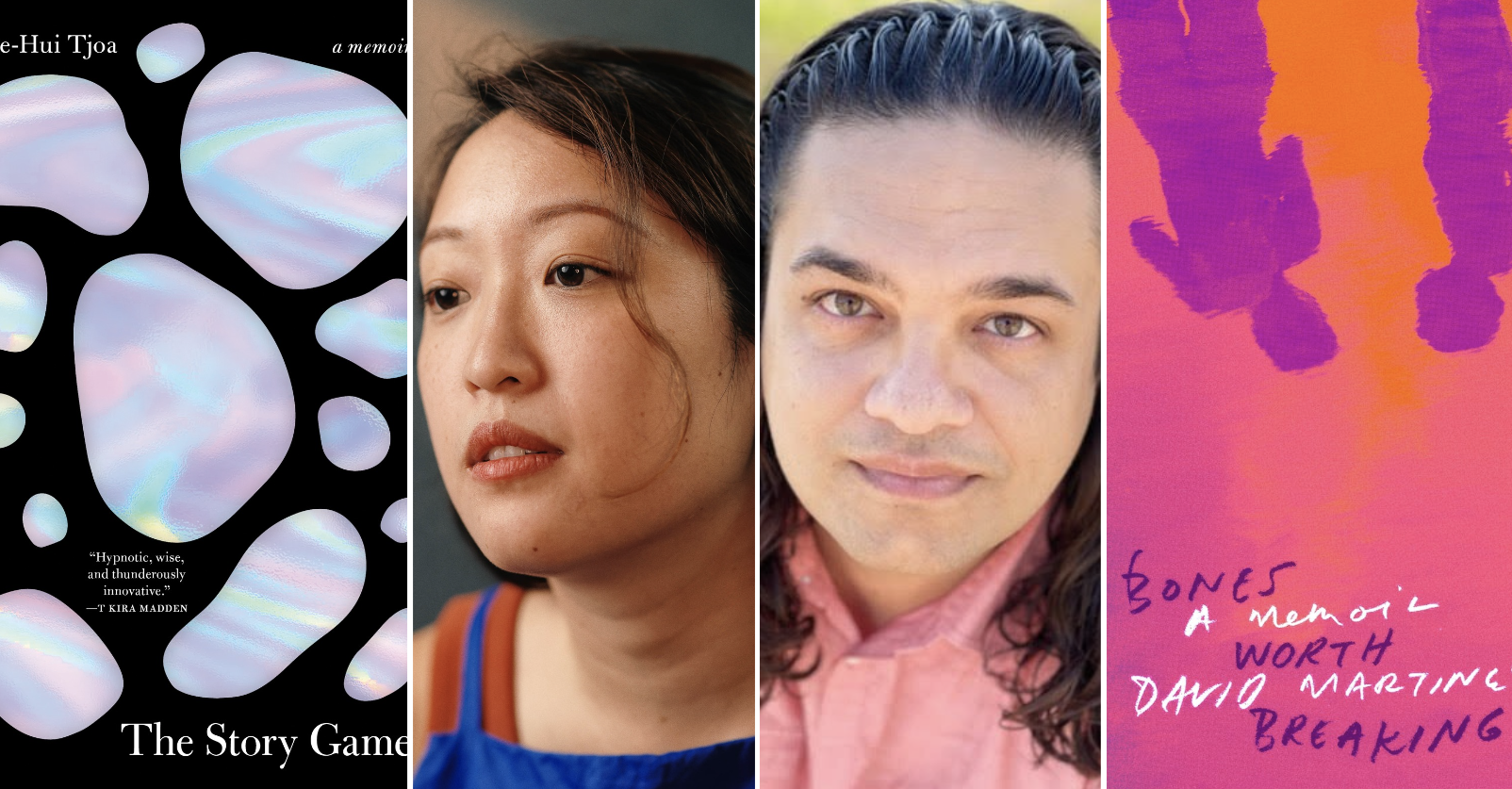 I was recently asked to name the novel that I thought best reflected the essence of the twentieth century, probably the most painful century of mankind, a century that saw inhuman indignities, bloody world wars, genocides. I had hoped that we had left behind us its legacy of fears, grief, and numbness toward death. But our new century is marching on to war cries with no regard for the blood that flows.
I was recently asked to name the novel that I thought best reflected the essence of the twentieth century, probably the most painful century of mankind, a century that saw inhuman indignities, bloody world wars, genocides. I had hoped that we had left behind us its legacy of fears, grief, and numbness toward death. But our new century is marching on to war cries with no regard for the blood that flows.
All Quiet On The Western Front, a book that I had read years ago could have been written just today.
Such books require more than great talent, they are written at the risk of one’s life. Remember that Hitler had the book burned in a public square. They searched for Remarque to eliminate him too. He succeeded to escape. They killed his sister who had remained behind.
On the western front, weapons never seen before, merciless weapons rain upon villages and towns. Men die, those not dead get wounded, lose their humanity, become mad. This novel says that there is no hope for those involved in war, they become sick one way or another. One survives a war diminished as a human being.
War, the death sentence to all people and to nature, corrupts our humanity, our conscience.
The novel is the most important branch of the verbal arts, because each reader, while reading, recreates the novel from beginning to end. The power of the novel is vested in this recreation. When you recreate and experience all this suffering, oppression, war, and destruction of nature, you begin to wish for a more human life, and to reaffirm its values.
Art, true art, stands against oppression, violence, consumer greed, and every kind of inhumanity. Art, any form of art, is a rebellion. Art warns people against lies, oppression, meaningless never-ending wars, and all forms of evil.
All Quiet On The Western Front, written by Erich Maria Remarque in 1929, remains as fresh today, sending out its warning anew at each rereading, at each recreation, and continues to give its readers the strength to resist.
More from A Year in Reading 2011
Don’t miss: A Year in Reading 2010, 2009, 2008, 2007, 2006, 2005
The good stuff: The Millions’ Notable articles
The motherlode: The Millions’ Books and Reviews
Like what you see? Learn about 5 insanely easy ways to Support The Millions, The Millions on Twitter, Facebook, Tumblr.

